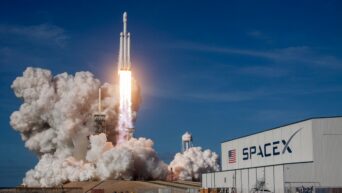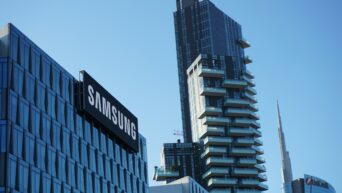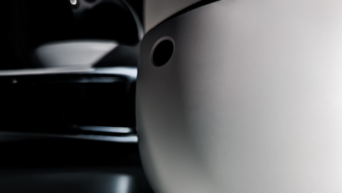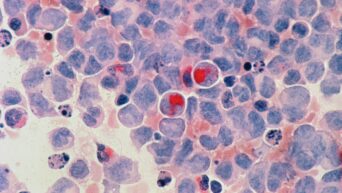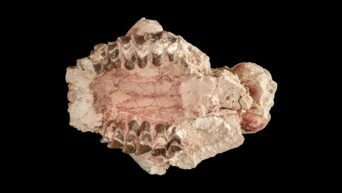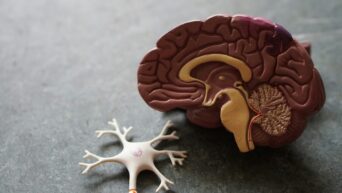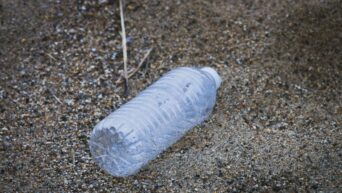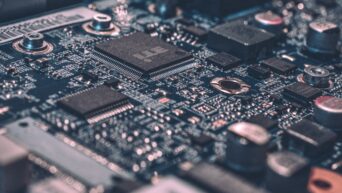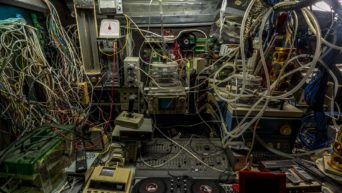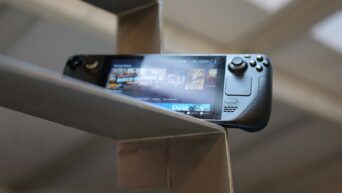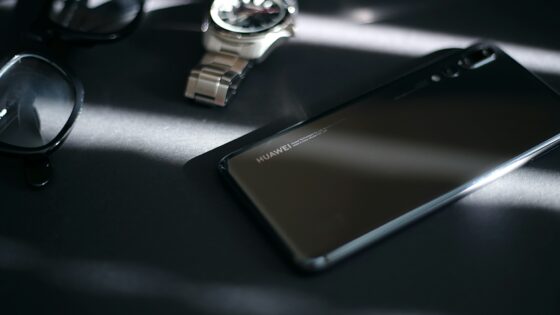
Credit: CU Boulder
Finally, no more freeze-dried ice cream.
When you’re living in the vacuum of space, you gotta make some concessions in your living standards. Everything’s always floating around, your drinks are weird bubbles, and food is almost always dehydrated. A traditional refrigerator simply doesn’t work in a space setting, so you can’t preserve food in the same way you would here on Terra Firma. At least, you couldn’t before, but thanks to some engineers from the University of Colorado, Boulder, astronauts can have fresh food for the first time.
A joint effort between UCB and BioServe Space Technologies has successfully produced the “Freezer Refrigerator Incubator Device for Galley and Experimentation,” or “FRIDGE,” for use aboard the International Space Station. Their acronym game is certainly on point, but how does the device itself work? The FRIDGE is about the size of a typical microwave, which helps to conserve living space, and utilizes a series of tubes to tap into the ISS’ water-cooling circulation system.
“There are no rotating parts, no fans, which is really big for reliability,” aerospace student Robby Aaron explained while the project was in development in April. “A normal fridge on Earth is also hot in the back. We can’t have that in space. Warm air doesn’t rise in microgravity; it stays stationary and can cause things to overheat, so you must get rid of heat some other way.”

Credit: CU Boulder
NASA ordered eight of these units to be produced for the ISS. Several are already aboard the station, though these are being utilized more for cold storage and incubation for ongoing experiments. The two additional units that are currently en route to the station will be exclusively for the astronauts’ personal use. They can store whatever fridge-necessary snacks they want in there, as well as temperature-sensitive medication. These FRIDGES will be especially useful in preserving fruits and vegetables grown in the station’s hydroponic garden. Hopefully, the additional longevity provided by the FRIDGES will lead to a greater abundance of resources in space.






